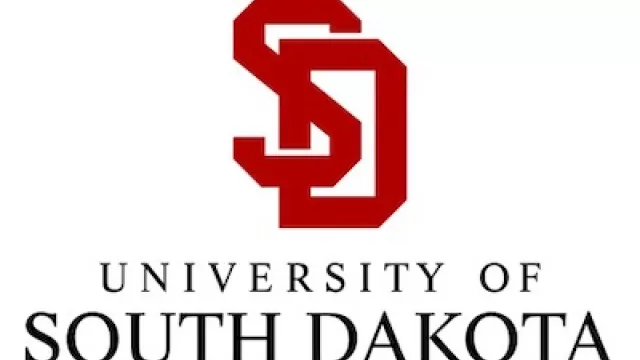Table of Contents
University of South Dakota tramples student free speech rights with restrictive posting policy

Kiosks and bulletin boards, where students share everything from band tryout notices to political statements, are a classic part of a college campus. Even in the age of social media, posting materials where fellow students will likely see them, on the way to class or their dorm, is a critical avenue for expression.
But the University of South Dakota put a roadblock smack-dab in the middle of that avenue with its heavy-handed Poster and Advertising Policy.
Last month, FIRE wrote USD to advise the administration that this policy impermissibly restricts students’ free speech rights. The university ignored that letter, likely thinking this policy wouldn’t attract much off-campus attention, so we’ve made it FIRE’s Speech Code of the Month for August — an ignominious honor it has earned for several reasons.
First, the policy says all posted materials must be sponsored by an officially recognized student organization. But what if students want to express a view that their whole group isn’t on board with? Or, what if a student wants to recruit other students to their cause? Students shouldn’t have to gain the sponsorship of a university-approved organization to share their views through this medium.
Not only must flyers be sponsored by a recognized organization, but they also must include that sponsor’s name. That means students can’t express themselves anonymously. This restriction goes directly against foundational First Amendment principles.
It may be easier to place a bunch of viewpoint-neutral restrictions on the content of flyers, but an experience in which students don’t encounter views different from their own isn’t what college is for.
Thomas Paine didn’t need to ask a government-approved group to sponsor “Common Sense.” And he was able to publish it anonymously, safeguarding his identity for months — even amid disputes with his publisher — while the pamphlet was distributed across the colonies. Students in the Great Plains should have that right too.
Beyond advocating for a revolution, students may wish to share their views anonymously because they fear retribution from the university for posting something critical of the administration, or because they fear disapproval from their peers for posting an unpopular political opinion. There must be at least some designated areas on campus for students to engage in this critical form of expression, which the Supreme Court has affirmed is “an aspect of the freedom of speech protected by the First Amendment.”
And this policy doesn’t stop there. Even if students do get sponsored by a group, they’re only supposed to post about “promoted activit[ies].” So, for example, a student can put up a flyer about an upcoming event about Ukraine, but they can’t post a flag in solidarity with the embattled nation. A notice for a debate on affirmative action? Fine. A poster expressing disagreement with the Supreme Court’s recent ruling on such programs? Off-limits. It’s a viewpoint-neutral rule, but it still unreasonably restricts student expression.
Worst of all? Even after students get that sponsorship, display it on the poster, and limit their content to a promoted activity, they still have to bring the poster to an information desk to be reviewed for approval. Given that prior restraint, speech pertaining to a recent or still-unfolding event is off the table.
To be sure, it would be fine for USD to designate certain posting areas for event posting, and even to say that only officially recognized groups may use certain boards. And it generally makes sense for advertisements to include the name of their sponsor. (Radford University’s posting policy provides a good model of such an approach.) But applying these rules everywhere on campus, without designating any areas for individual students to post, is heavy-handed at best and intentionally restrictive at worst.
Perhaps USD put this policy in place because fierce debates could result from opening up boards or kiosks to all types of content.
That’s the point, though. It may be easier to place a bunch of viewpoint-neutral restrictions on the content of flyers, but an experience in which students don’t encounter views different from their own isn’t what college is for.
Please join us in urging the University of South Dakota to revise this policy and bring back the marketplace of ideas for its students.
Recent Articles
FIRE’s award-winning Newsdesk covers the free speech news you need to stay informed.

Defending free speech: FIRE and Substack partner to protect writers in America

Brown University targets student journalist for sending DOGE-like emails

FIRE-supported Utah legislation secures students’ rights to freely associate on campus



